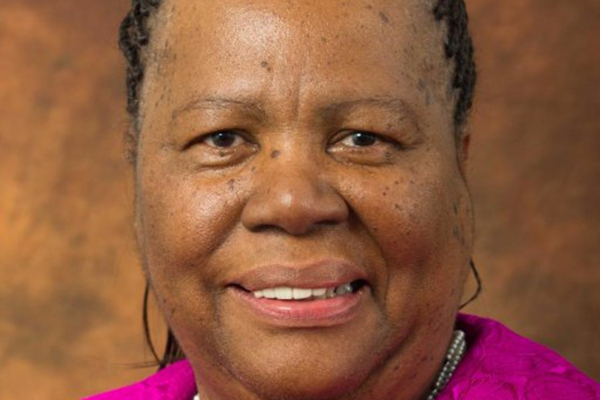
SOUTH AFRICAN Science and Technology minister Naledi Pandor has urged tertiary institutions to intensify research on climate issues to mitigate threats posed by climate change.
BY TALENT GUMPO IN VICTORIA FALLS
Speaking on the sidelines of the Southern African-Nordic Centre (Sanord) conference in Victoria Falls on Tuesday, Pandor said Africa should focus on climate change research and its impact on the continent as it poses a threat to livelihoods.
“There should be an increased amount of research done on climate change and its impact on our continent. There is research coming from a centre in Namibia of which six African countries are members, but it is clear from changes we see in agriculture, weather patterns that have altered visibly in the continent that much more consideration has to be given to climate change issues.
“Particularly, measures that we can take as governments and communities to address the negative impacts of climate change and science can provide us with answers,” she said.
Pandor said South Africa had made strides in moving towards a green economy as part of the country’s long-term plan to develop the economy while mitigating the effects of climate change.
Meanwhile, Pandor tasked governments, the private sector and institutions to find solutions to challenges faced by Southern African universities.
“The challenges facing universities in the region and continent are big and higher education has long been in a state of crisis. Problems such as lack of adequate physical infrastructure, poor internet access, insufficient books and laboratory equipment continue to characterise many of our institutions on the continent.
- Chamisa under fire over US$120K donation
- Mavhunga puts DeMbare into Chibuku quarterfinals
- Pension funds bet on Cabora Bassa oilfields
- Councils defy govt fire tender directive
Keep Reading
“HIV and Aids, brain drain or uneven brain circulation, and poor ICT infrastructure remain some of our pressing challenges. This calls for us, governments, the private sector and institutions themselves to work closely together to find solutions to these problems”, she said.
Pandor commended Sanord for presenting an opportunity for institutions to share experiences with respect to research and teaching.
“This is undoubtedly a positive step as it presents us with the opportunity to share our ideas and experiences, and by so doing learn from one another.”











